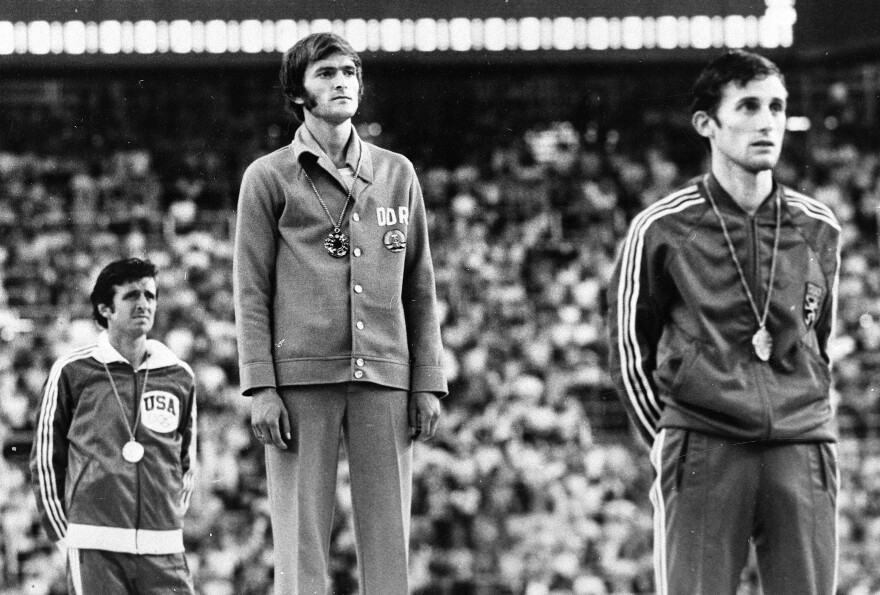The 2012 induction ceremony for the Baseball Hall of Fame takes place this weekend, so there's even more discussion about the 2013 election, because then both Barry Bonds and Roger Clemens will be on the ballot, along with several other players who are also suspected of having used performance-enhancing drugs.
I've been surprised to learn that some baseball writers have declared that they'll vote for Bonds and Clemens because they were the best players in an era when drug use was widespread — ergo if there's a lot of guilt going around, then nobody should be assigned guilt.
Of course, we do not know how many baseball players took steroids, but it certainly never involved more than a small percentage. It was never, for example, like the Tour de France where drugs were as common as toothpaste. But what the baseball writers must not forget is that the dopers did not just pad their own statistics. They keep score in games; by definition, sports are zero sum. By taking unfair advantage, the druggies hurt the players who played fair.
Now, in a team game it's impossible to measure exactly how much any one individual was harmed. But let me read you some names, most of which will mean nothing to you: Wendy Boglioli, Camille Wright, Linda Jezek, Lauri Siering, Shirley Babashoff, Rosalyn Bryant, Debra Sapenter, Sheila Ingram, Pamela Jiles, Kathy McMillan, Frank Shorter.
Those are all American Olympians, who we know were robbed of gold medals in just two sports in just one Olympics — 1976 — because we know now that the East Germans who beat them were on drugs. There were far more baseball players robbed by our own cheats; it's just impossible to pinpoint in a team sport. The baseball writers should remember those Olympians; from that sample, extrapolate the many baseball innocent who were hurt. Honor them.
We cannot unravel the past, but the one way — even if it's only symbolic — to punish drug cheats is to withhold from them any recognition. The battle against drugs in sports is forever. A Senate hearing into doping in thoroughbred racing is going on now. Lance Armstrong faces charges. But just because it was a drug era in baseball does not mean, so glibly, well, everybody did it. To vote for Bonds and Clemens for the Hall of Fame is, above all, an insult to all the good guys who played fair.
Boglioli, Wright, Jezek, Siering, Babashoff, Bryant, Sapenter, Ingram, Jiles, McMillan, Shorter. Remember the names, robbed by other athletes using drugs. Multiply by 100 or more and those were the honest baseball players robbed. To let in obvious dopers is not just to excuse them, but it is, effectively, an endorsement of drugs: and foremost, a slap in the face to all athletes, in all sports, who lost whatever their gold medal was to cheaters.
Copyright 2021 NPR. To see more, visit https://www.npr.org.




